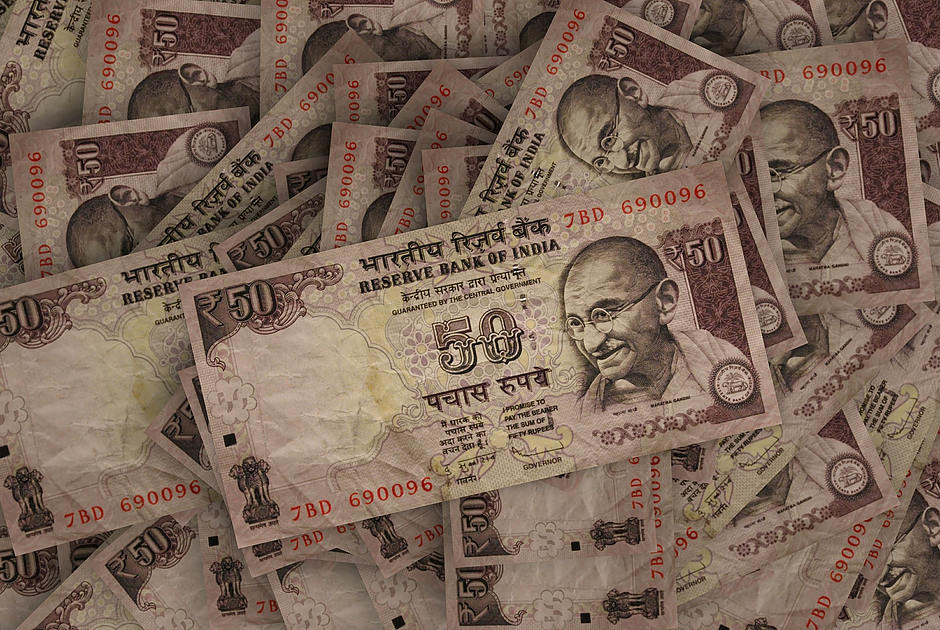USD/INR Price Analysis: Trades with negative bias below 83.00, lacks follow-through
- USD/INR meets with a fresh supply on Friday and is pressured by a modest USD weakness.
- The recent range-bound price action warrants some caution before placing directional bets.
- A sustained strength beyond the 83.00 mark is needed to support prospects for further gains.

The USD/INR pair struggles to capitalize on the overnight solid rebound from the 82.60-82.55 area, or over a one-week low and meets with a fresh supply during the Asian session on Friday. Spot prices currently trade around the 82.75 region, down 0.15% for the day, though remain well within the striking distance of a more than six-month peak touched on Wednesday.
The downtick could be attributed to a modest US Dollar (USD) weakness and some technical selling after this week's failure to find acceptance above the 83.00 round-figure mark. Looking at the broader picture, the USD/INR pair has been oscillating in a familiar trading range over the past weeks or so. Against the backdrop of the recent rally from the 81.70 area, or the July swing low, this might still be categorized as a bullish consolidation phase.
Adding to this, technical indicators on the daily chart are holding comfortably in the positive territory and suggest that the path of least resistance for the USD/INR pair is to the upside. That said, it will still be prudent to wait for a sustained strength beyond the 83.00 mark before positioning for any further gains. Spot prices might then surpass the all-time peak, around the 83.40-83.45 region touched in October 2023, and aim to conquer the 84.00 mark.
On the flip side, a subsequent decline below the overnight swing low, around the 82.60-82.55 region, could attract fresh buyers near the very important 200-day Simple Moving Average (SMA), around the 82.20 region. This, in turn, should help limit losses for the USD/INR pair near the 82.00 mark. The latter should act as a pivotal point, which if broken decisively might shift the bias in favour of bearish traders and pave the way for a further depreciating move.
The downward trajectory might then drag the USD/INR pair below the 81.75 region, or the July swing low, towards the next relevant support near the 81.50 zone. Spot prices could eventually drop to test sub-81.00 levels or the YTD low touched in January.
USD/INR daily chart
Key levels to watch
Author

Haresh Menghani
FXStreet
Haresh Menghani is a detail-oriented professional with 10+ years of extensive experience in analysing the global financial markets.


















